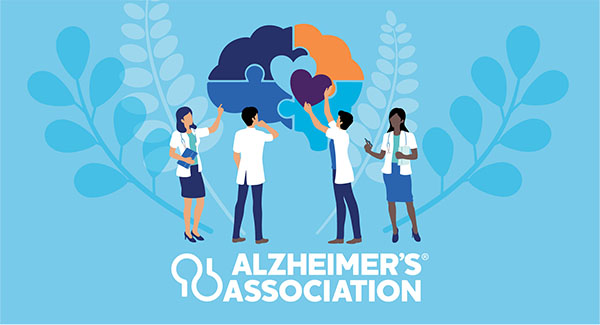Grief is a complicated topic, and it gets even more complicated when we internalize false ideas of how reactions to grief are supposed to look or feel. We see unrealistic representations in movies or TV shows which can trick us into thinking we should grieve in a certain way. As a result, we often misunderstand the full complexities of this normal aspect of life.
In our work with grieving clients, we listen and empathize with what they are experiencing. Here are four of the most common myths we hear them express about reactions to grief – and the truth about each.
WayForth is your go-to professional move management and moving company. When it comes to moving, we are the experts on downsizing, packing and unpacking, storage services, and more. For help on your next transition, contact us today!
1. Grief only occurs when a loved one has died
Grief can be triggered by any kind of significant loss. A death in the family, divorce, distress, and other significant life transitions are all reasons why someone may experience grief. You may even experience grief over a person you barely knew (people at work, school, national headlines, terror attacks) and even someone you strongly disliked.
It may surprise you to have strong reactions of grief after what seems like an impersonal experience. But expressing emotion after any kind of major trauma is not only normal, it’s necessary to process your grief.
2. You must go through the five stages of grief
The “five stages of grief” were developed by Dr. Elizabeth Kubler-Ross to understand grief, not prescribe it. But reactions to grief do not have to follow a set schedule.
While many grief-related programs use the five stages of grief, the reality is every person is unique, and so is their grief. Never feel like you “should” be at a certain point in your grief to successfully process your feelings or even that you should go through every “stage” of grief. Focus instead on simply being present and naming the emotions that you are feeling. Be patient with yourself and do what you need to do to take care of yourself, both mind and body. Maybe that means taking some time off from work or seeking out counseling.
3. Tears are a sign of weakness or a character flaw
Our society fails to embrace the importance of the grieving and mourning process. Tears are a natural part of that process for everyone.
Unfortunately, we are rarely taught how to embrace grief with tears. It can be uncomfortable to allow yourself to cry, but tears are the body’s natural response to any strong emotion – have you ever laughed until you cried? Far from being a character flaw, tears are actually healthy. Tears released due to emotions contain “leucine enkephalin” – a chemical that makes you feel better after a good cry. So, think of tears as similar to rain. Without rain, we can’t thrive, but with rain we grow exponentially.
4. You will get over your grief and go back to normal
You may feel that you should rush back into your typical routine because you are probably craving structure. Structure can certainly be helpful, but it can also hinder you if you are pushing away your emotions.
And what is “normal,” anyway? It is important to know that your life will not be exactly the way it was before, but you will be able to adapt and transform. That is the gift of grief. In processing our reactions to grief, we learn to manage volatility. We develop a stronger sense of self, and reprioritize the things that are important to us.
What’s not a myth is that the only “wrong” reaction to grief is to ignore it, or push it aside. That’s when life can veer into unhealthy emotional turmoil and damage, such as depression or addictions. Those reactions to grief aren’t helpful. Instead, embrace and process grief on your own terms, and let it lead you to powerful emotional growth.
At WayForth we are dedicated to taking the stress out of moving. Our team of professional home organizers and movers help you with all aspects of moving. Contact us today to learn more!






